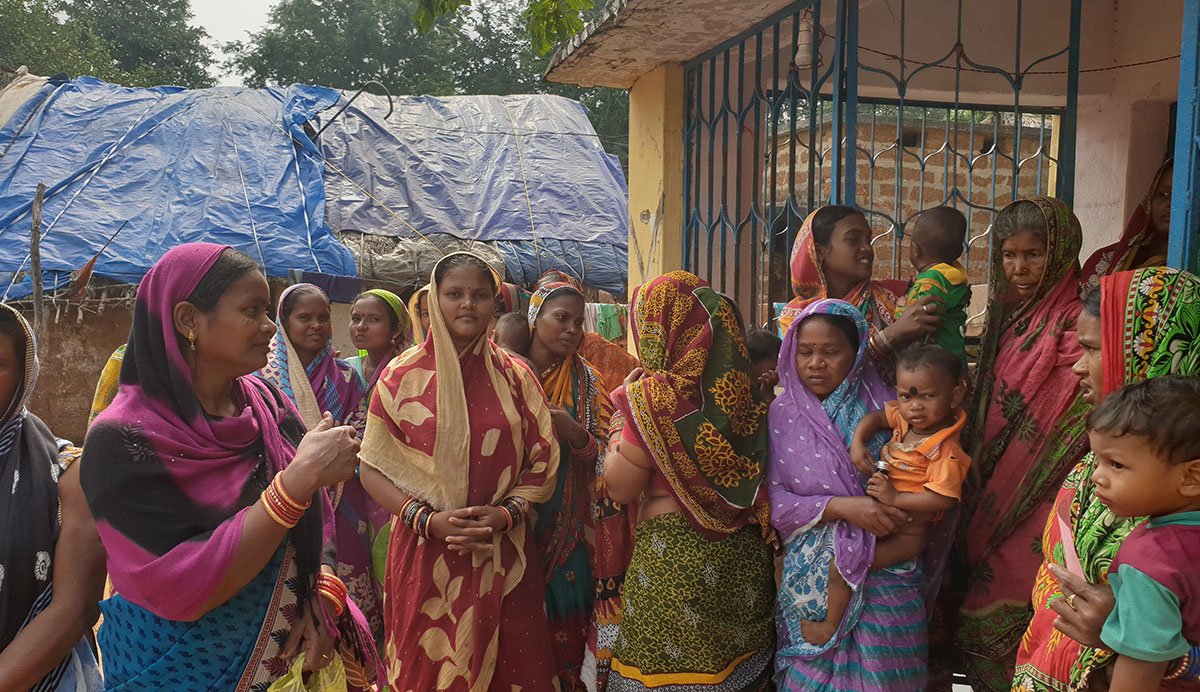Water Access across India
India
A significant population of India lacks access to safe and clean drinking water. Those affected the most are the rural communities of the country. Unsafe and unsustainable drinking water supply is a major national economic challenge in India. The project aims to bring together international expertise in the two complementary fields of carbon finance, and household water treatment and safe storage (HWTS) in order to develop innovative and scalable business models to bring safe drinking water to millions of people while protecting the natural environment and inducing socio-economic benefits for the targeted communities.
Background of Project
A Programme of Activities (PoA) is initiated which is best described as an evolution of carbon offset mechanisms to address issues of asymmetries of participation for small-scale project activities in key community-oriented areas that have not been reached through the traditional approach; mainly due to low volume of emission reductions against high transaction costs.
The Project
The programme addresses the problem of safe drinking water access in rural India by offering customers a ten-litre jerry can with safe water at a cost that is around sixty times less expensive compared to alternative products, such as bottled water or packet water. It has also established a very rigorous monitoring procedure to ensure that the water quality meets World Health Organization standards.
The Benefits
The programme will include sectors of water intake, purification, distribution and treatment. By providing safe and affordable drinking water to the communities, the risk of water-borne diseases will reduce and hence, reduce the costs of medical treatment. The people will be able to live healthier lives and get sustainable access to clean drinking water.








